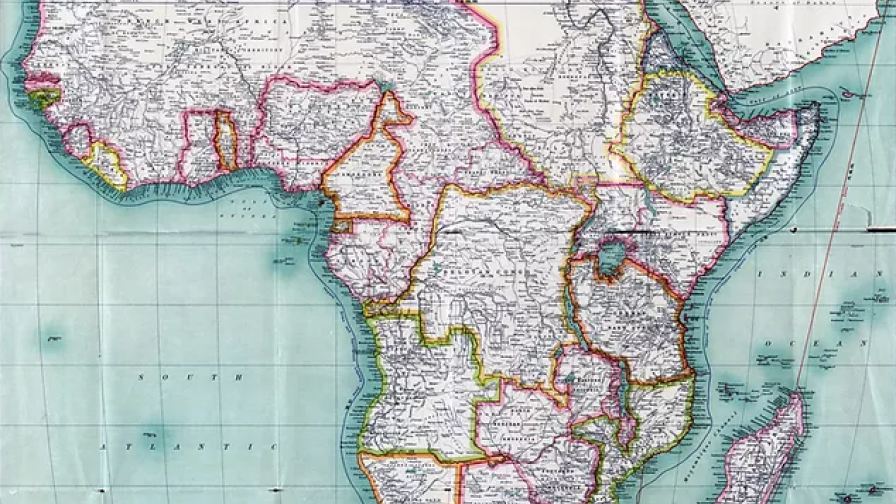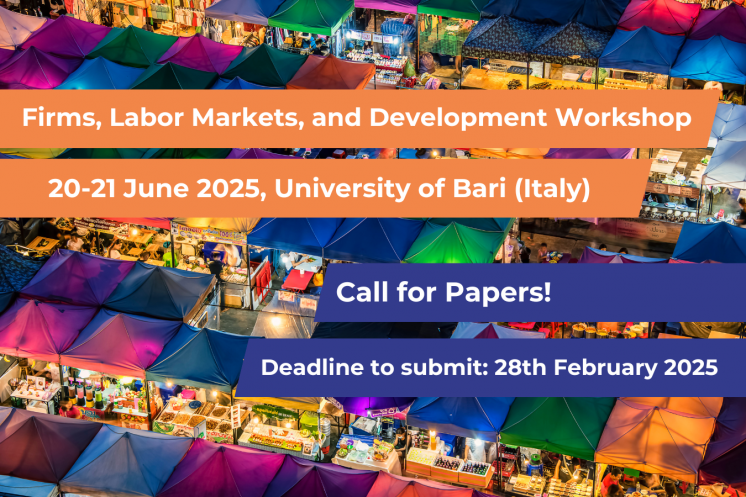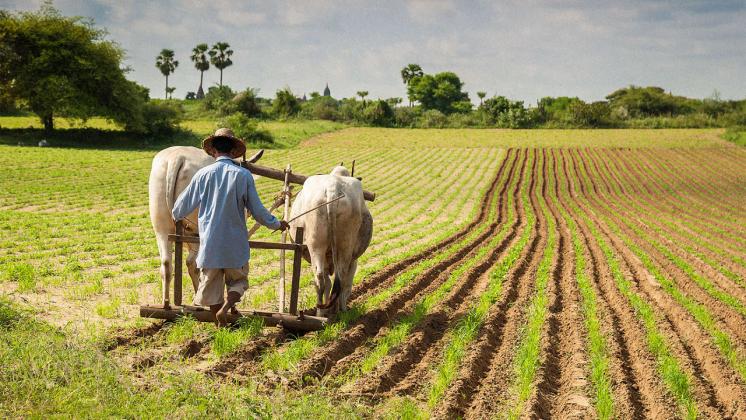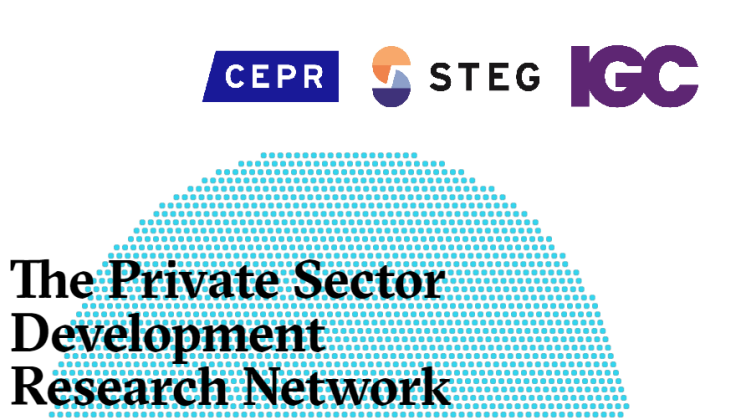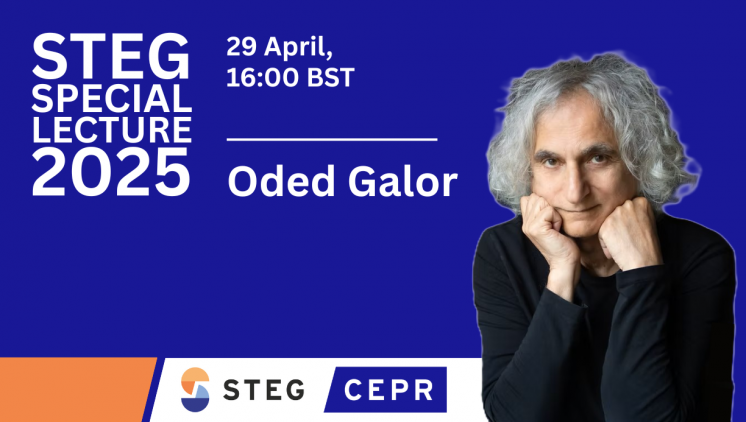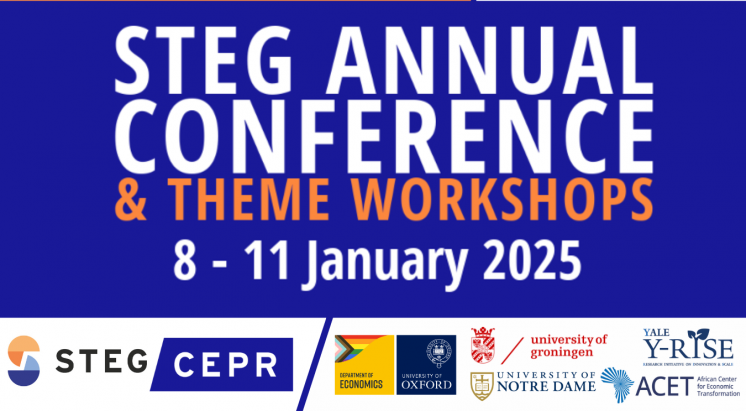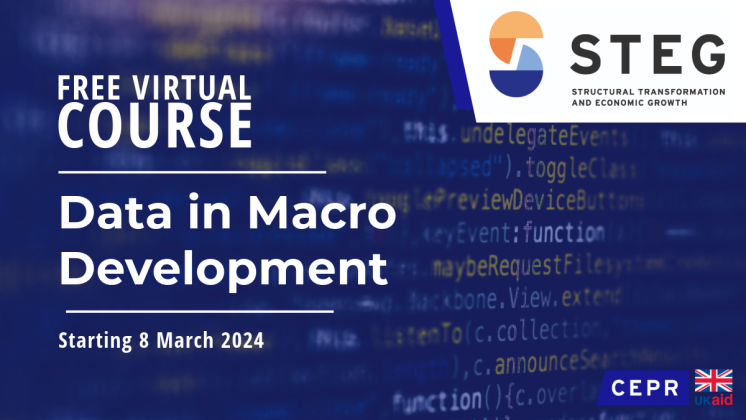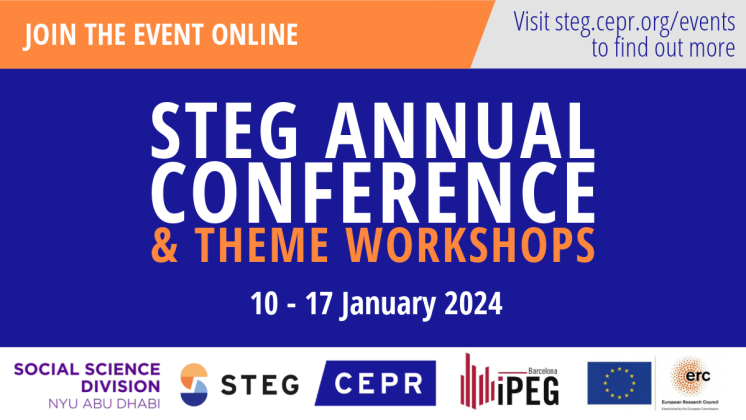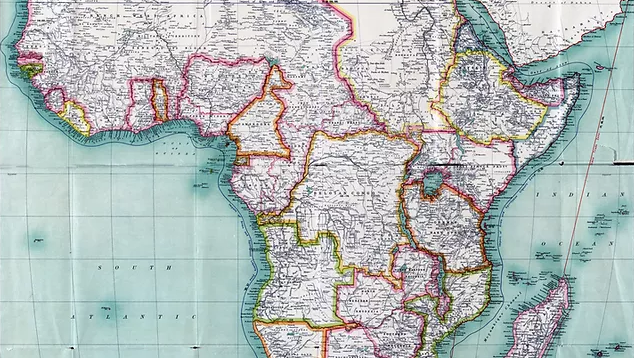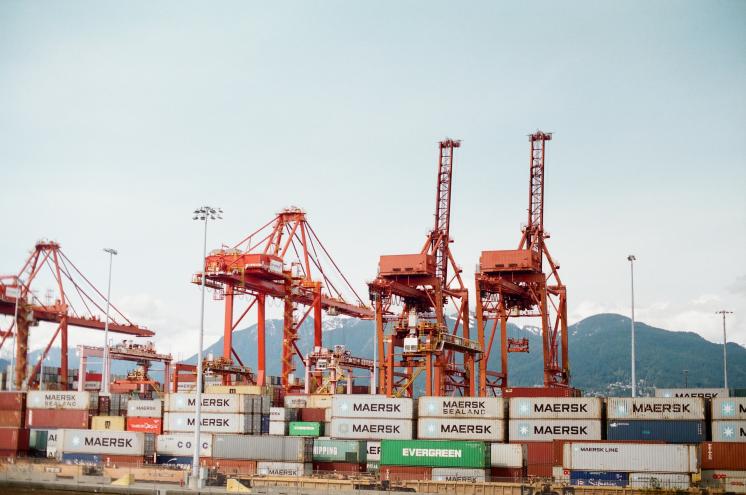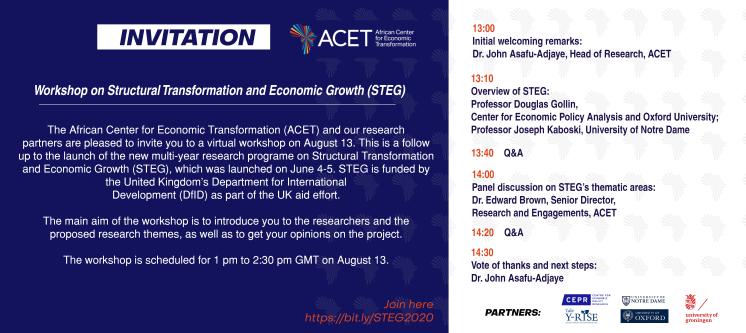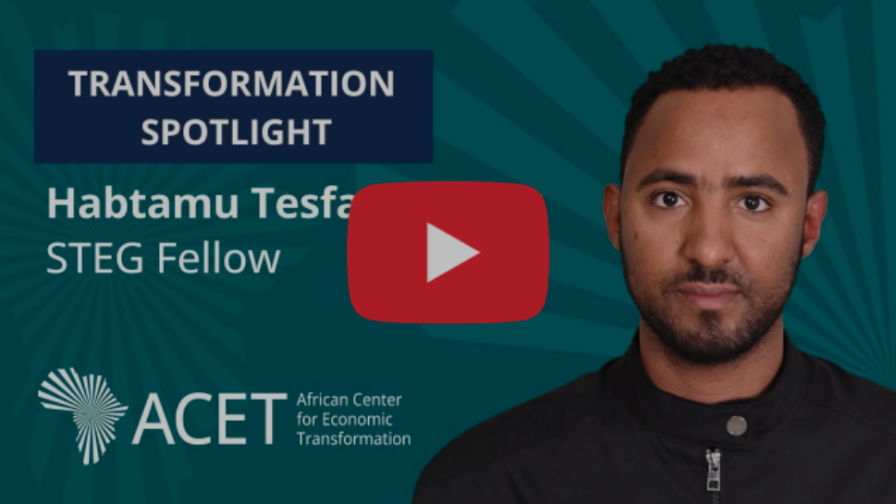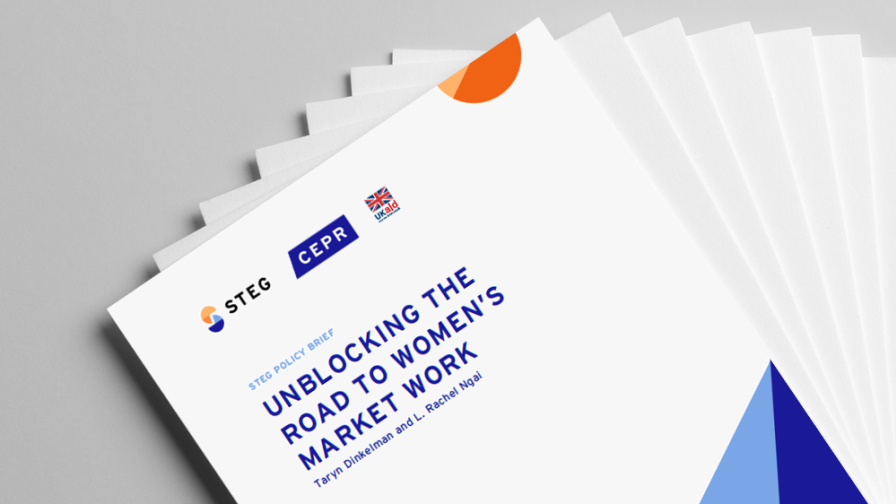This workshop focused on the political economy of policies that promote economic development. Theme 5 is particularly interested in understanding the following questions: Why are growth-conducive policies or regulations adopted in some regions but not in others? What is the role of capture by interest groups and elites in determining these policy outcomes? What are the political economy implications of the increased collaboration between public and private sectors in several developing countries?
If you missed the workshop you can watch the recording here.
Programme:
14:00 Welcoming remarks - Monica Martinez-Bravo (CEMFI & CEPR) & Leonard Wantchekon (University of Princeton)
14:05 The impact of Presidential appointment of judges: Montesquieu or the Federalists? - Sultan Mehmood (New Economic School in Moscow) Presentation Slides
14:45 Political Connections and Misallocation of Procurement Contracts: Evidence from Ecuador - Felipe Brugues (Universitat Pompeu Fabra), Javier Brugues (Charles River Associates) & Samuele Giambra (Amazon) Presentation Slides
15:25 Break
15:35 Favoritism and Firms: Micro Evidence and Macro Implications - Zareh Asatryan (ZEW), Thushyanthan Baskaran (University of Siegen), Carlo Birkholz (ZEW & University of Mannheim) & David Gomtsyan (ZEW)
16:15 Pro-Poor Transfers and Economic Preferences of the Rich and Poor: Evidence from a Four-Year Partial Population Experiment - Nicolas Cerkez (UCL), Adnan Khan (LSE), Imran Rasul (UCL, CEPR), Anam Shoaib (CERP)
16:55 Break
17:05 Market Competition and Political Influence: An Integrated Approach - Steven Callander (Stanford University), Dana Foarta (Stanford University & CEPR) Takuo Sugaya (Stanford University).
17:45 Agrarian Elites, Education, and Long-Term Development - Pedro Américo (University of British Columbia) & Claudio Ferraz (Universityo f British Columbia & PUC-Rio)
18:25 Break
18:35 Keynote from Raymond Fisman (Boston University)
19:15 Closing Remarks
19:20 Workshop Close
If you missed the workshop you can watch the recording here.






